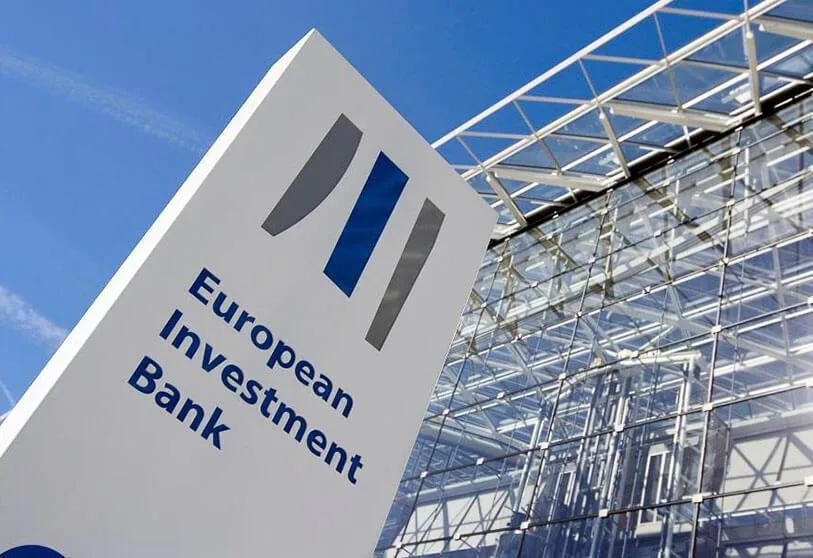Milan – Germany is ready to play a nasty trick on one and a half million Italian small businesses. It may seem like a technical matter, but in reality, it is very hands-on. It concerns payments.
Brussels has been working on a regulatory text for over a year to set a maximum 30-day limit to settle invoices. However, especially among large companies, there is little urgency to comply. Similarly, Berlin does not want to rush as extended terms allow it to gain liquidity and thus have a competitive advantage over suppliers, especially foreign suppliers, who have to wait for months, take out loans at up to 10 percent interest, and thus be less competitive.
When you then consider that there has been an official lack of an EU government for about 170 days since the European elections, it is easy to understand that those who want to keep paying companies when they have the time and the inclination have an easy time trying to bring down a reform that would provide solidity, continuity, and planning for the millions of European and Italian small business owners.
Each year, in the EU, approximately 18 billion invoices, over 500 per second. Often, there are deferred payments for goods and services, i.e., the supplier (creditor) gives the customer (debtor) a deadline to pay the invoice (trade credit) after delivery of the goods or service agreed in the contract. Delayed payments are payments not made within the agreed or legal deadline. They affect businesses in all sectors and all states but so disproportionately for SMEs.
That is why, in September 2023, the EU Commission proposed a regulation to limit payment terms to 30 days. Brussels estimates that “at least 30 percent of European SMEs would directly benefit from this provision,” although the figure is undoubtedly conservative.
The combination of capping payment terms with deterrents such as automatic interest payments and increased compensation should reduce the number of late invoice payments and slash the costs associated with hassles and time spent chasing late payers. The number of man-days it takes a company to catch up with late payers each year varies from five days in Germany to over 15 in Spain, according to estimates. Even based on very conservative assumptions, the EU could save 27.4 million man-hours annually, the equivalent of 5.845 billion, by discouraging late payment.
For months, the EU Council did nothing: votes have been postponed mainly due to pressure from a few countries, a dozen or so, led by Germany and other states, mainly from the East, which have always aimed to twist the original proposal. In the European Parliament, rapporteur Roza Thun of Renew tried to identify somewhat longer (but still clear) terms for slow-moving products. The EPP and the Conservatives-ECR group instead tabled amendments that did not exactly favor SMEs, proposing in particular to remove certain guarantees such as those included in Article 4 of the text proposed by Brussels, which requires the main contractor in a tender to prove to the PA (Public Administration) that it has paid subcontractors, almost always SMEs.
However, an eventual cancellation of this rule, considering the Italian case where public tenders for the NRRP are multiplying, would still leave our small and medium-sized companies with payment uncertainty. However, all this seems like ancient news in the face of post-election inaction.
Member states and parties in the European Parliament have focused in recent months on the appointments of commissioners; small businesses, however, are demanding something else: they are asking to be able to collect their bills in reasonable terms.
There have also been no statements from Italian parties against the German attempts to bury the issue and perhaps transform the measure from a regulation — thus immediately applicable in all EU countries — to a directive — which would give states more room for interpretation. The irony is that should the text become a directive, there would be countries with faster payment speeds than others. An additional setback for Italy, where the final payment times have improved compared to decades ago but are still long, especially when the client is the PA.
In early November, the State General Accounting Office officially requested that payment terms be respected. However, there is no binding obligation, just a recommendation. Why doesn’t the government make the same recommendation in Brussels?
English version by the Translation Service of Withub





![La presidente della Commissione europea, Ursula von der Leyen, e la sua squadra di commissari in Parlamento Ue [Strasburgo, 27 novembre 2024]](https://www.eunews.it/wp-content/uploads/2024/11/vdl-2-350x250.png)



